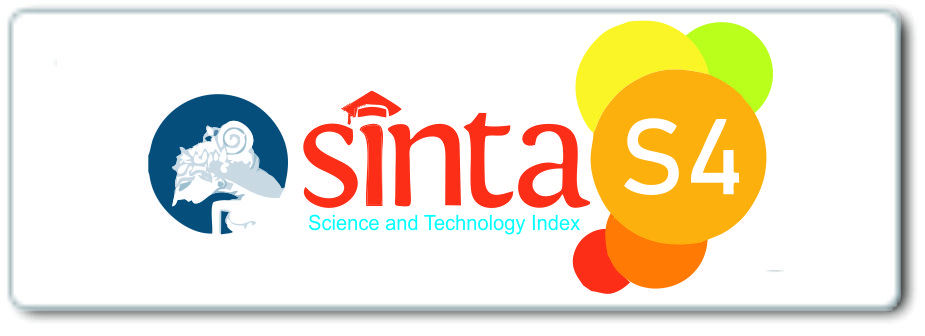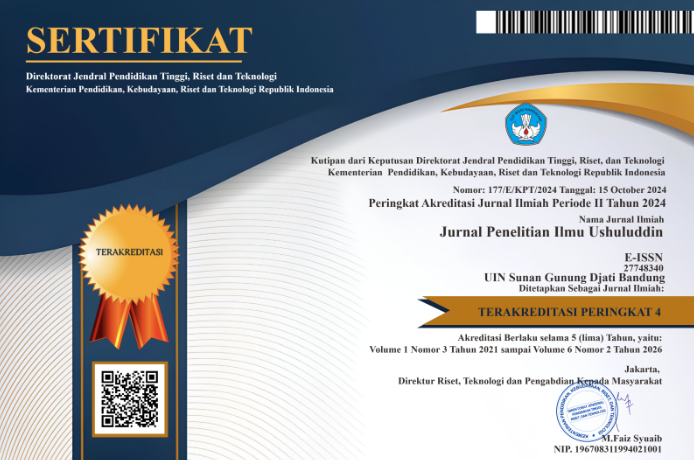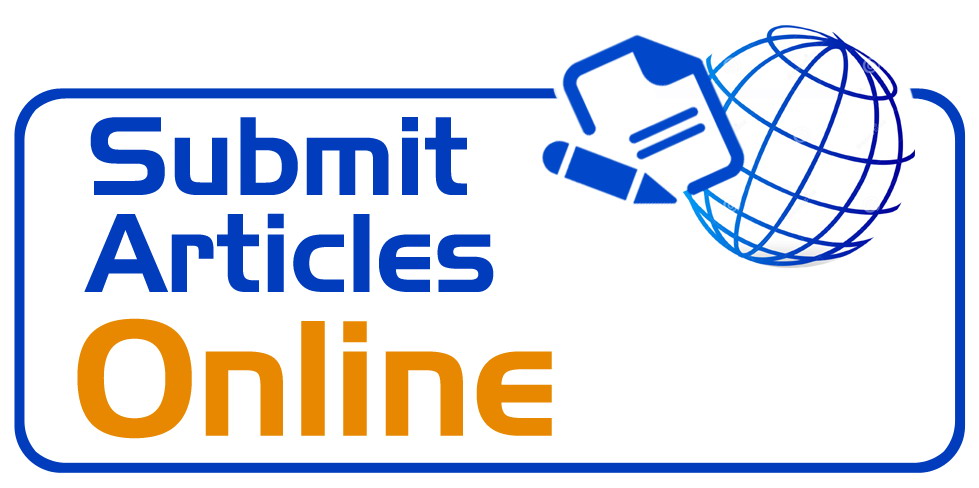Penguatan Ekoteologi dan Konstruksi Perlindungan Hak Asasi Lingkungan Berbasis Tafsir Al-Qur’an
DOI:
https://doi.org/10.15575/jpiu.32601Keywords:
Caliph, Ecotheology, Environmental, Human RightsAbstract
This article aims to explain the construction of ecotheology from the perspective of contemporary interpreters based on comparison of contemporary interpretive texts. The creation of humans as caliphs on earth which has the meaning of being a substitute has experienced a shift in meaning in several contemporary interpretations. This theoretical study of environmental issues was studied using descriptive qualitative methods through interpretation results with plural dimensions. The data processing and analysis process is carried out using content analysis methods in thematic interpretation aspects related to environmental issues. A number of terms related to ecology in the Al-Qur'an show the relationship between human rights and environmental rights. Humans are ecologically part of the living environment, so the sustainability of human entities actually depends on environmental balance. The universe has a human right to be treated as well as possible as a life partner for humans to carry out their shared roles in serving God.References
Al Bayhaqi, A. (2003). Sunan al-Bayhaqi al-Kubra Jilid 9. Beirut: Dar Al Kutub Al Alamiyah.
Al Isfahani, A. Q. H. M. (1992). Al Mufradat fi Gharib Al-Qur’an. Mesir: Dar Ibnul Jauzi.
Al Maraghi, A. M. (1946). Tafsir Al Maraghi Juz 10. Kairo: Musthofa Al Babi Al Halabi.
Al Qardhawi, Y. (2001). Ri’ayatu Al-Bi`ah fi As-Syari’ah Al-Islamiyah. Kairo: Dar Al Syuruq.
Al Zuhaili, W. (2003). At Tafsir Al Munir fi Al Aqidah wa Asysyari’ah wa Al Manhaj Jilid 4. Beirut: Dar Al Fikr.
Engineer, A. (2007). Islam dan Pembebasan. Yogjakarta: LKiS.
An Najjar, Z. (2007). Tafsir Al Ayatul Kauniyyah fil Qur’anil Karim. Kairo: Maktabah As-Syarqiyyah Ad Dauliyyah.
Baqi, A. (1981). Mu’jam Al Mufahras li Alfaz Al-Qur’an Al Karim. Beirut: Dar Al Fikr.
Brunner, D. L., Butler, J. L., & Swoboda, A. J. (2014). Introducing evangelical ecotheology: Foundations in scripture, theology, history, and praxis. Baker Academic.
Guattari, F. (2000). The Three Ecologies. New Jersey: The Athlone Press.
Hamka. (1989). Tafsir Al Azhar Jilid 1. Singapura: Pustaka Nasional.
Hasbi Ash Shiddieqy, T. M. (1995). Tafsir Al-Qur’anul Majid An-Nuur 1. Semarang: Pustaka Rizki Putra.
Ibn Katsir Addimasyqi, I. A. F. I. U. (1998). Tafsir Al-Qur’an Al Adzim Juz 3. Beirut: Dar Al Kutub Al Alamiyah.
Intergovernmental Panel on Climate Change. (2023). Climate Change 2023 Synthesis Report. Jenewa: IPCC.
Khamdan, M. (2012). Pesantren di Dalam Penjara: Sebuah Model Pembangunan Karakter. Kudus: Paradigma Institut.
Khamdan, M. (2018). “Islam Nusantara in Political Contestation Identity Religion in Indonesiaâ€. Addin. Volume 12 Nomor 2 Agustus 2018.
Naess, A. (2005). Ecosophy, population, and sustainable development. The Trumpeter, 21(1).
Numberi, F. (2010). Perubahan Iklim: Implikasinya terhadap Kehidupan di Laut, Pesisir dan Pulau-Pulau Kecil. Jakarta: Fortuna.
Ridha, M. R., Abduh, M. A. (1947). Tafsir Al Manar Jilid 1.
Shihab, M. Q. (2005). Tafsir Al-Mishbah: Pesan, Kesan dan Keserasian Al-Quran (Volume 4). Jakarta: Lentera Hati.
World Meteorological Organization. (2023). Provisional State of the Global Climate 2023. Jenewa: World Meteorological Organization.
Downloads
Published
Issue
Section
License
Authors who publish in Jurnal Penelitian Ilmu Ushuluddin agree to the following terms:
- Authors retain copyright and grant the journal right of first publication with the work simultaneously licensed under an Attribution-ShareAlike 4.0 International (CC BY-SA 4.0) License that allows others to share the work with an acknowledgment of the work's authorship and initial publication in this journal.
- Authors are able to enter into separate, additional contractual arrangements for the non-exclusive distribution of the journal's published version of the work (e.g., post it to an institutional repository or publish it in a book), with an acknowledgment of its initial publication in this journal.
- Authors are permitted and encouraged to post their work online (e.g., in institutional repositories or on their website) prior to and during the submission process, as it can lead to productive exchanges, as well as earlier and greater citation of published work (See The Effect of Open Access).












